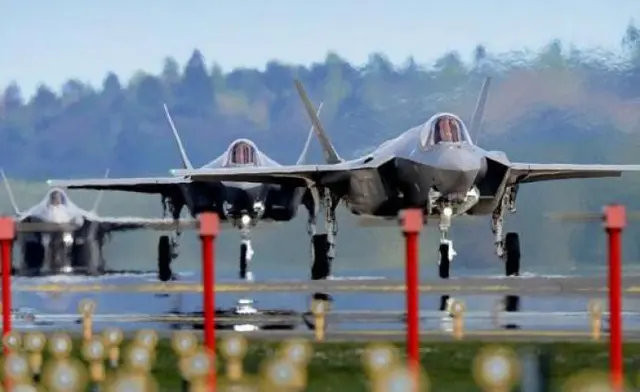Have you heard of Wuilangye Yibin? Or Kweichou Moutai? What about Shanghai Pudong Development Bank?
Chances are soon you will, especially if you're a foreign investor looking at China's markets.
They're some of the biggest companies on China's domestically traded A-share index.
And it has now been confirmed that 222 such firms are slated for inclusion into the MSCI Emerging Market Index - meaning that foreign investors will be able to own a piece of China's growth story, even if it's just a small fraction.
Optimism
While the inclusion is unlikely to have much of an impact on share prices in the short term, it is still hugely symbolic and a sign that China's efforts to improve its corporate governance may be paying off.
After all, the MSCI said no to China several times before this over concerns that its financial markets aren't transparent enough.
Kweichou Moutai produces Maotai liquor that is ubiquitous in China
But while there's been great optimism about the move, both from within and without China, it is also worth being just a little cautious.
The reality is that China's markets and the economy are still heavily influenced by authorities.
With stock market investments having become something of a national hobby, shares in Chinese-listed companies are often suspended to halt sharp losses and protect these investors.
While this happens in other countries too, in China it's far more regular. Take the stock market crash of 2016 for example which I have written about before.
Some analysts say this predisposition for authorities to wade into the domestic stock market is one of the reasons why China's A shares will make up such a small part of the MSCI index.
Then there's the issue of transparency. While corporate governance has improved, it's still a long way off international standards.
And while the MSCI inclusion may mean more of a spotlight on Chinese companies, that seems a big ask, especially as many of these firms are state-owned enterprises and aren't used to being held to account for what they do.
Still, this shouldn't take away from the fact that this is a major step for foreign investors looking to access China's markets.
China's domestic markets are too big to ignore. And some analysts believe eventually China's A-shares will grow to as much as 15% of the MSCI Emerging Markets Index.
This is definitely a game changer.
(BBC)
 简体中文
简体中文

